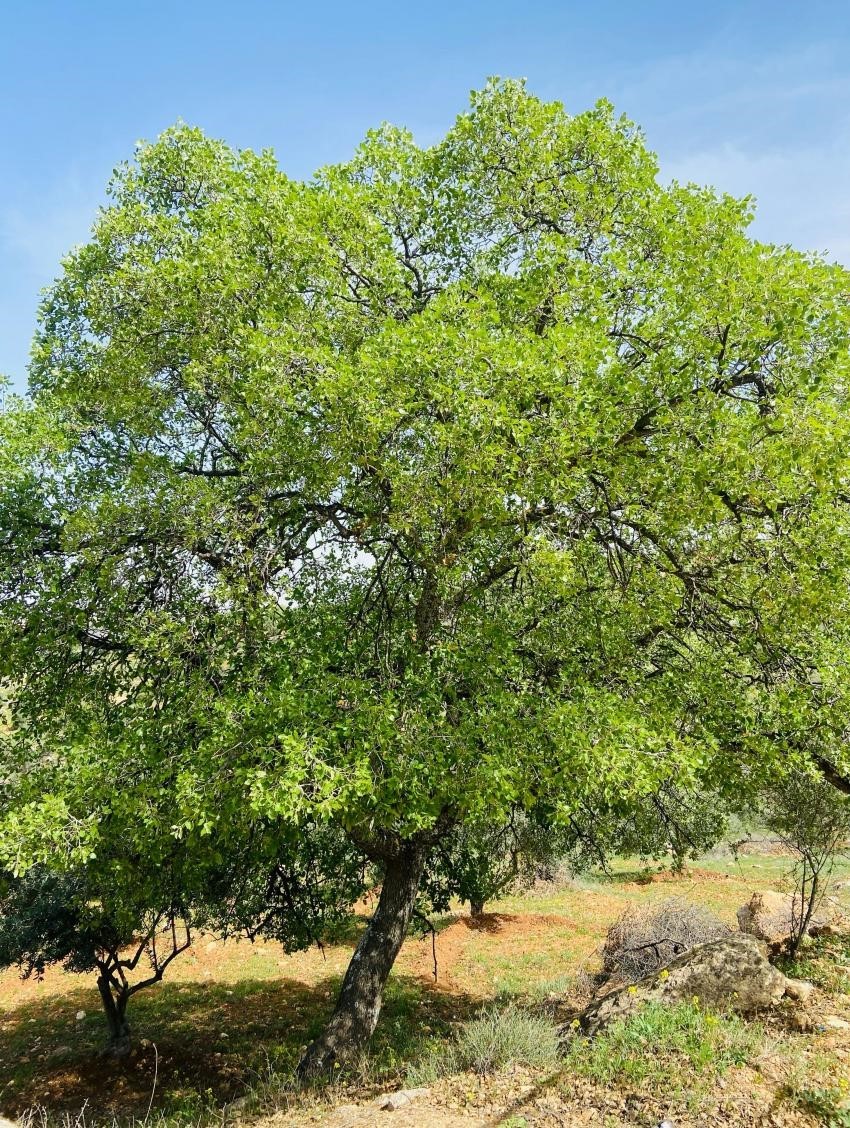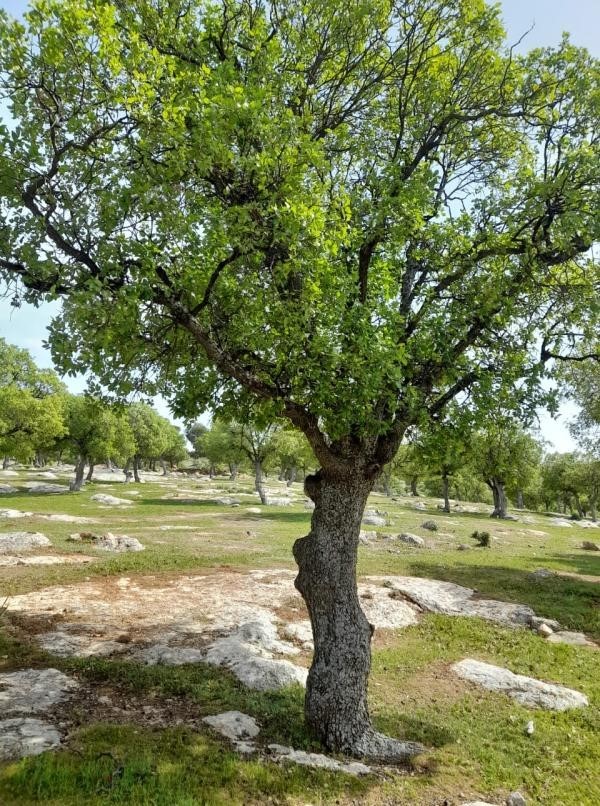The ancient oak forests in the Bireen District of Zarqa Governorate represent a natural heritage that has endured for thousands of years, home to over 100,000 oak and juniper trees—some of which are over a thousand years old.
اضافة اعلان
Hussein Al-Khalidi, Director of Agriculture for the governorate, stated that these forests, considered the "green lung of Zarqa," are facing complex challenges threatening their survival. Chief among these are climate change effects, which have led to decreased rainfall and increased temperatures, disrupting the thermal balance and humidity levels that oak trees depend on.
He added that recurring droughts have weakened the trees' resistance to agricultural pests, such as the bark beetle, which accelerates their health decline. Additionally, the spread of juniper trees is depleting water and soil resources at the expense of the oak trees.
He also warned of fungal diseases attacking the trees' immune systems, noting that these combined factors are accelerating the phenomenon of "oak decline."
Al-Khalidi pointed out that urban and agricultural expansion has reduced forested areas by 15% over the past decade, according to statistics from the Ministry of Agriculture. This has increased competition for limited resources among plant species and weakened the oak trees' ability to reproduce naturally over time.
He stressed that overgrazing and illegal logging—despite stricter penalties under Agriculture Law No. 13 of 2015—continue to exacerbate the crisis.
Regarding forest distribution, Al-Khalidi explained that they are concentrated in the Bireen District in western Zarqa, especially in the areas of Al-Alouk (the densest), Al-Masarra, Al-Kamsha, Al-Makman, Sarwat, and Bireen. These areas form a unique natural tapestry that attracts around 60,000 visitors during holidays.
He revealed a comprehensive plan being implemented by the Directorate of Agriculture to address these challenges, including the strengthening of foot and mobile patrols to prevent overgrazing, enforcing fines of up to 5,000 dinars for violators, as well as awareness campaigns to emphasize the importance of preserving the forests and supporting eco-tourism projects.
Al-Khalidi concluded by saying, “Despite the harsh challenges, the combination of preventive, legislative, and community measures demonstrates the possibility of preserving this natural heritage,” affirming that the oak forests will remain a living testament to Jordan’s environmental history.


(Petra)



